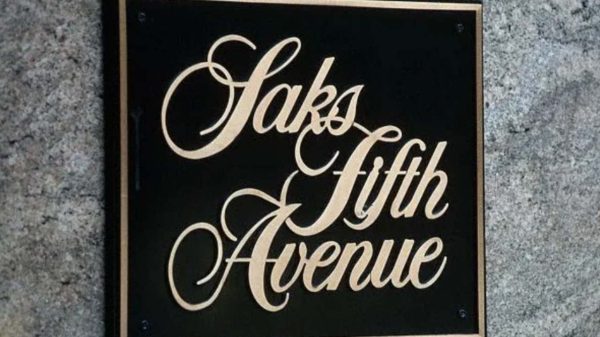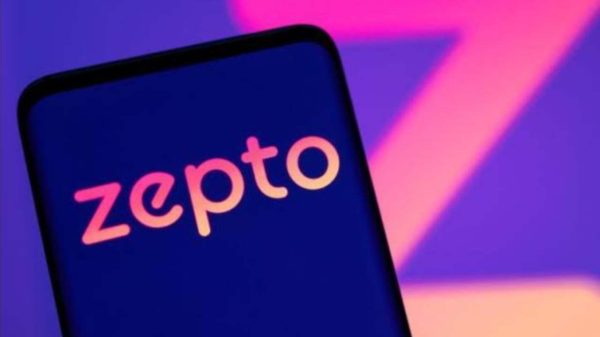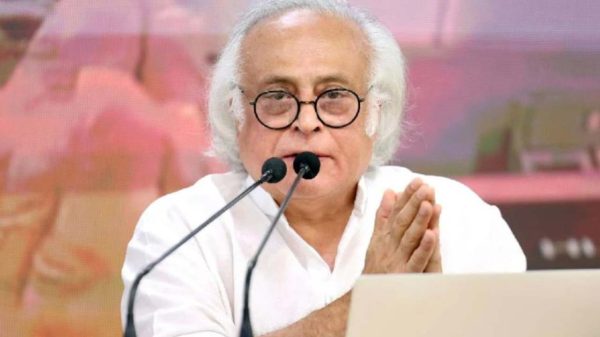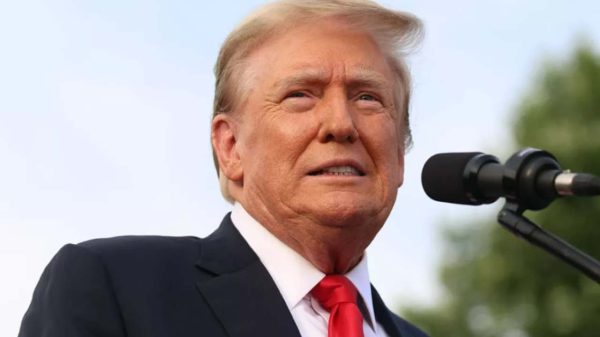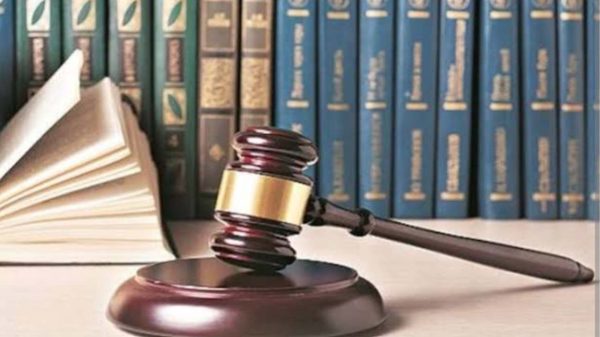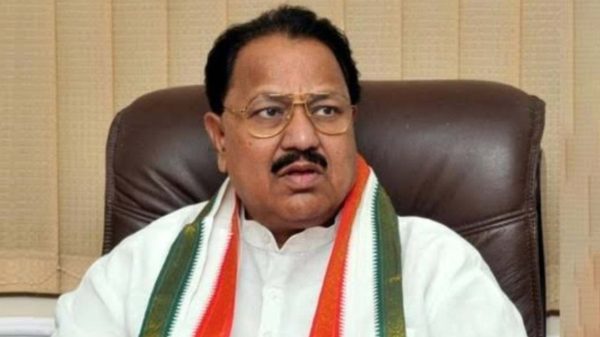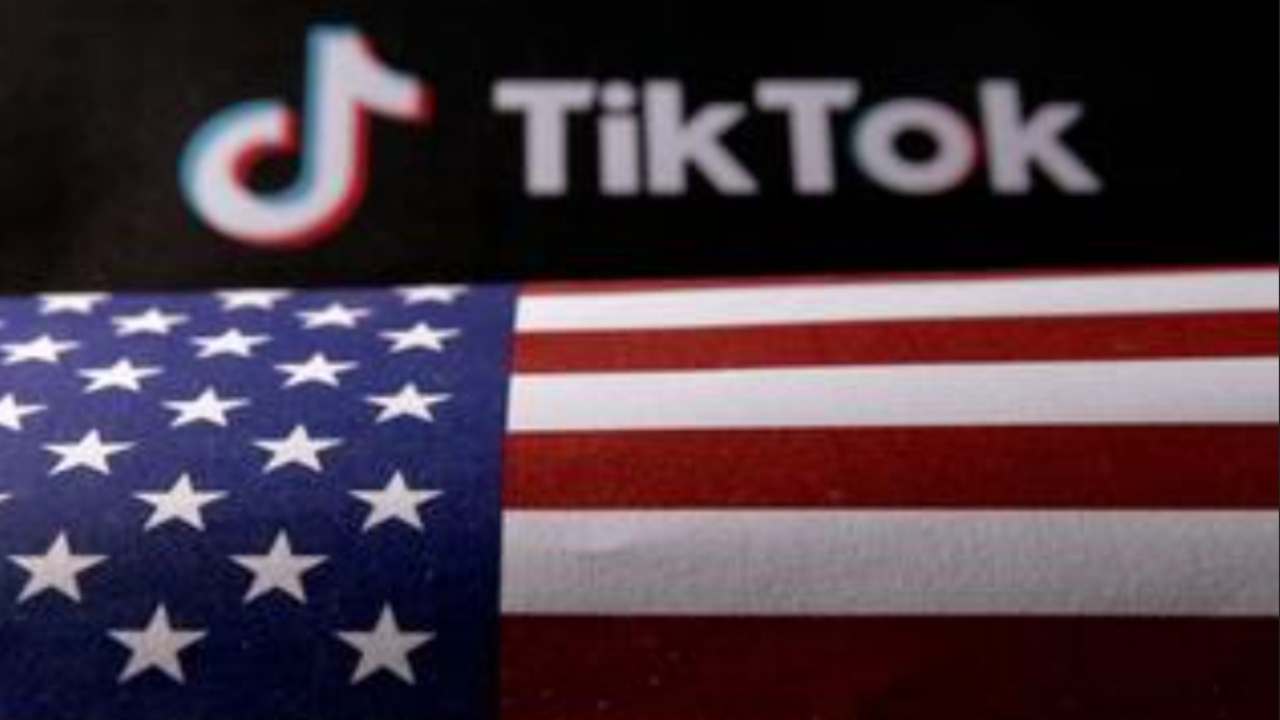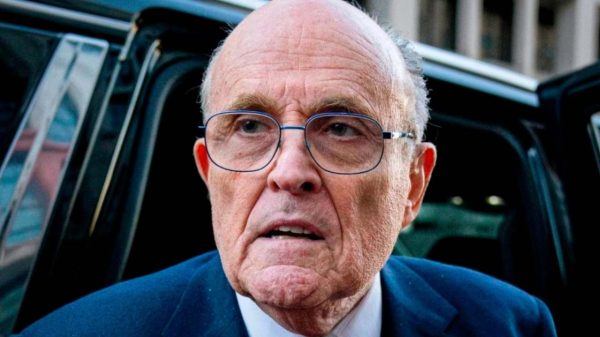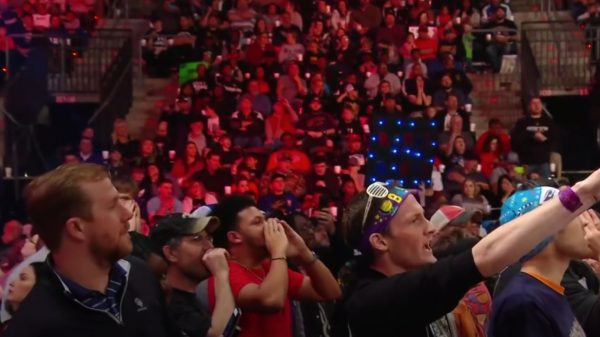ByteDance, the parent company of TikTok, has recently made legal filings challenging the U.S. government’s actions, which they describe as unconstitutional targeting of TikTok.
These filings shed light on the stalled negotiations concerning a potential ban of the platform.
According to ByteDance, the legislation signed by President Joe Biden in April mandates that the company must divest TikTok’s U.S. assets by January 19, 2024, or face a ban.
ByteDance argues that such a divestiture is not feasible from technological, commercial, or legal standpoints.
Also, they claim that the U.S. government has not engaged in serious settlement discussions since 2022.
“Never before has Congress silenced so much speech in a single act,” the brief filed by TikTok said.
The proposed ban on TikTok arises from ongoing national security concerns among U.S. lawmakers, who worry that the Chinese government could access American user data or conduct espionage through the app.
The Biden administration has expressed a preference for ByteDance to sell TikTok’s U.S. operations rather than impose an outright ban, a solution ByteDance argues is unfeasible.
Legislation enacted will prevent app stores like those operated by Apple and Google from offering TikTok if ByteDance does not divest its U.S. assets.
It will also prohibit internet hosting services from supporting TikTok, effectively making the app unusable in the U.S.
ByteDance’s recent legal filings detail extensive negotiations with the U.S. government that abruptly ended in August 2022.
The company has released a redacted version of a draft national security agreement, exceeding 100 pages, aimed at protecting American user data. ByteDance states it has invested over $2 billion in these efforts.
The draft national security agreement proposed by ByteDance included a provision granting the U.S. government a “kill switch” to suspend TikTok in the country at its sole discretion if the company failed to comply with the agreement.
Additionally, the U.S. government demanded that TikTok’s source code be relocated out of China.
ByteDance’s legal filings reveal these details as part of their efforts to address U.S. national security concerns and highlight the extensive measures they proposed to safeguard American user data.
“This administration has determined that it prefers to try to shut down TikTok in the United States and eliminate a platform of speech for 170 million Americans, rather than continue to work on a practical, feasible, and effective solution to protect US users through an enforceable agreement with the US government,” TikTok lawyers wrote to the US justice department in a 1 April email made public on Thursday.
The U.S. Department of Justice has declined to comment on specific communications but reiterated last month that the legislation addressing TikTok “addresses critical national security concerns in a manner that is consistent with the First Amendment and other constitutional limitations.” The Department stated it would defend the legislation in court.
On September 16, the U.S. Court of Appeals for the District of Columbia will hear oral arguments in lawsuits filed by TikTok, ByteDance, and TikTok users.
The decision from this case could significantly influence TikTok’s future in the U.S. and the government’s broader authority to regulate foreign-owned apps.
TikTok argues that any forced divestiture or separation, even if feasible, would take years to accomplish.
The company contends that the legislation violates Americans’ free speech rights and unfairly targets TikTok while overlooking other applications with significant Chinese operations that also collect vast amounts of U.S. user data.
Additionally, TikTok points out that many U.S. companies develop software and employ engineers in China, suggesting inconsistent application of the law.
“This law is a radical departure from this country’s tradition of championing an open Internet, and sets a dangerous precedent allowing the political branches to target a disfavored speech platform and force it to sell or be shut down,” ByteDance and TikTok argue in the filings, which also included statements from lawyers for a group of eight creators on the platform.
TikTok content creators argue that the law infringes on their free speech rights. They highlight that the absence of immediate national security threats is evident because the legislation permits TikTok to continue operating through the end of the year, even during a significant election.
This timing, they argue, undermines claims of urgent national security risks, especially given the president’s assertion that the upcoming election is crucial for democracy.







